What to Expect
Neurosurgery in Kansas City
Coming to Midwest Neurosurgery Associates
Patients typically come to our practice in two ways.
Most patients are introduced to our practice via referral from their doctor, family member or friend. Patients may also enter our practice because a neurosurgery consult was requested during a period of acute care hospitalization.
This material is intended to give the patient an overview of surgical procedures and treatments and is not intended to replace the advice and guidance of a physician. Always consult with your doctor about the particular risks and benefits of your treatment.
First Appointment
On the day of your initial appointment, you should bring any imaging (MRI, CT scan, angiogram, or plain x-rays) or electromyogram (EMG) reports to your initial appointment. Your doctor will perform a detailed neurological examination and look at all the studies you have brought.
Your doctor will recommend one of three things:
1) He or she may feel that further diagnostic testing is indicated before a firm diagnosis and treatment plan can be established. These tests will be pre-certified and scheduled by our office. Once the results are available, you will come back to the office for a second visit to determine your diagnosis and recommendations for treatment.
2) Your doctor may recommend a non-surgical approach such as physical therapy or steroid injections.
3) Your doctor may give you a recommendation for surgical treatment of your problem. He or she will explain the reasons for surgery, the urgency of the problem, and alternatives to surgery.

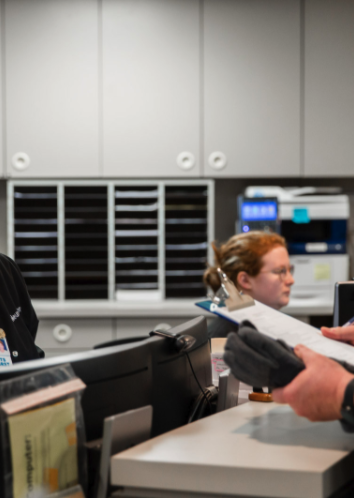
Insurance and Scheduling
Our office will pre-certify any diagnostic testing your doctor wants to order. If you opt for neurosurgery in Kansas City, our insurance department will contact your insurance company to get approval for the procedure your doctor has recommended.
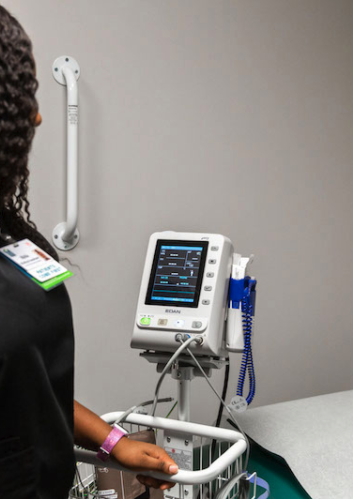
Pre-Op and Clearances
Your doctor and nurse will go over all your current medications and advise you which of these need to be discontinued for a week or more prior to surgery. Generally, blood thinning medication must be stopped for one week prior to surgery including, blood thinners, aspirin and aspirin products, and non-steroidal anti-inflammatory medications (including Motrin, Advil, Aleve, Ibuprofen, and Naproxen), Your doctor will most likely request a pre-anesthesia visit and may also request pre-operative clearances from your primary care physician or cardiologist before surgery.
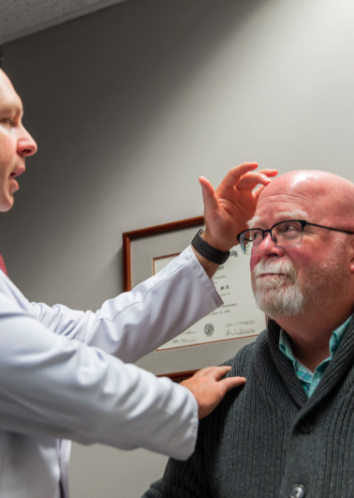
Your Surgery
On the day of surgery, you will arrive for check in at the hospital. You will meet with your anesthesiologist and you will talk to your physician before surgery. We will show your family where to wait while you are in surgery, and your doctor will come talk to them when your surgery is over. You will go to the Recovery Room for several hours before being transferred either to the Intensive Care Unit (ICU) or a nursing floor, depending on your surgery.
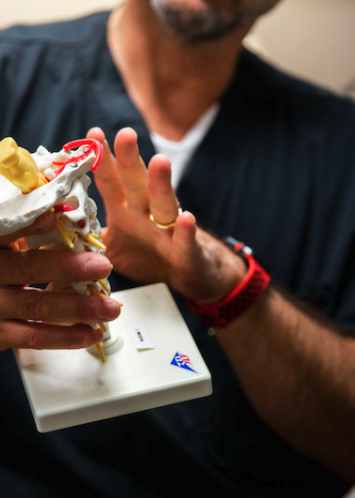
Post-Op Care
Your team of dedicated nurse practitioners will visit you frequently during your hospitalization, as will your doctor. In addition, the hospital nurses will keep close tabs on you and report findings to your doctor. You will receive complete instructions on post-operative care along with an appointment to see your doctor back in the office before you leave the hospital.
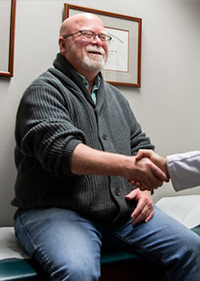
Follow Up
Generally, you will be asked to come back to see your doctor in about two weeks after your neurosurgery. If you have sutures (stitches) or staples, they will be removed by one of the nurses. Depending on your surgery, you will return to see the physician one or more times during the 90-day period following your surgery.
 The Highest Quality of Neurosurgical Care
The Highest Quality of Neurosurgical Care